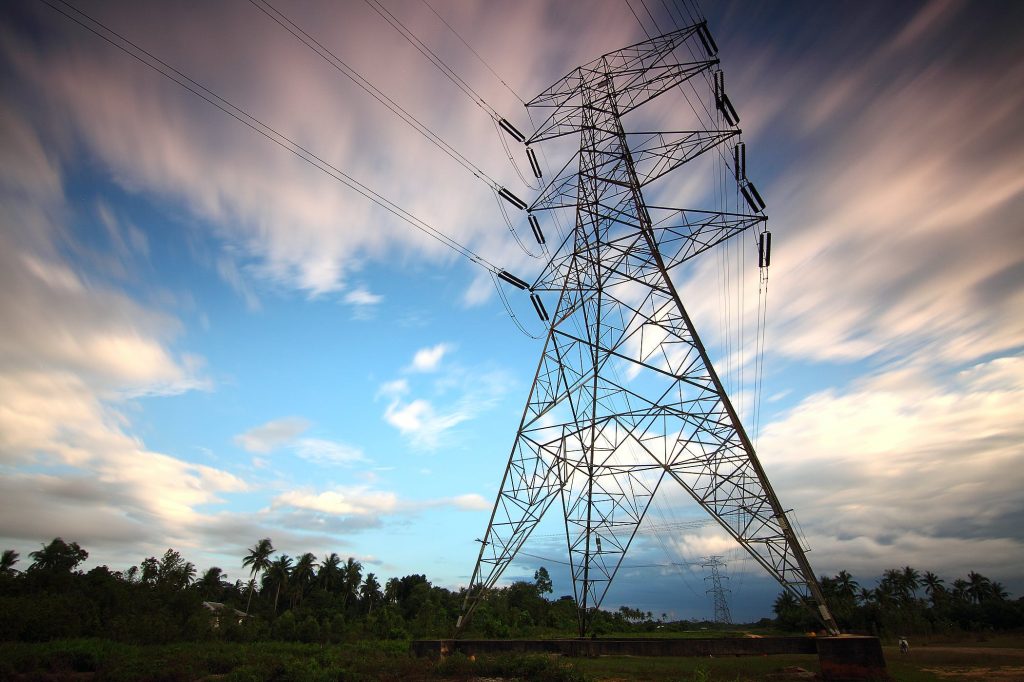The share of renewable electricity production including large hydropower plants reached a historic high in 2023 in Greece – 57%.
Moreover, according to balkangreenenergynews.com, the sector covered more than half of demand for the first time. Gas consumption declined 10.1%, compared to the drop of 2.9% in electricity demand. Wind power capacity topped 5 GW.
Reports from the Athens-Macedonian News Agency (ANA) highlighted a decrease in power prices from the peak of the energy crisis. Despite economic growth, energy consumption dropped in Greece last year. Green Tank, in collaboration with ANA, presented a comprehensive overview of achievements in the energy market, underscoring the rising penetration of renewables.
Chairman and CEO of Independent Power Transmission Operator (IPTO), known as Admie, revealed that renewable energy sources and large hydropower plants contributed 47.9% and 9.1% to production, respectively. The combined 57% share in the January-November period marked an unprecedented achievement, credited to investments in green energy and grid development.
Furthermore, fossil fuel participation in the energy mix declined as consumers embraced self-consumption installations. Natural gas consumption fell by 10.1%, with electricity demand dropping by 2.9%. Notably, Greece experienced nearly a month without coal power, signaling a significant shift towards sustainability in the energy sector.

An overall 19.2 TWh of electricity was generated from fossil gas and lignite in 2023 or 4.3 TWh under the previous low.
In the first 11 months, the shares of lignite in electricity production (9.9%) and demand coverage (8.9%) landed below the 10% mark for the first time.
In production, renewables and large hydroelectric facilities surpassed natural gas and lignite, at 19.6 TWh against 17.5 TWh.
Emissions from electricity production plummeted by 23%, reaching a record low of 13.25 million tons of carbon dioxide equivalent.
Prosumers, energy communities and other categories of producers of electricity for self-consumption had 421.3 MW installed at the end of December or almost twice as much as one year before. The level has roughly doubled every year since 2019.
Consumption of oil derivatives came in at 7% under the 2022 reading, driven by a whopping 32% fall in demand for heating oil. On the other hand, the demand for gasoline and diesel grew by 4% and 3%, respectively.
Additionally, the Hellenic Wind Energy Association reported the installation of 153 wind turbines in 2023, adding to Greece’s total wind power capacity, which surpassed 5 GW for the first time.
Source: balkangreenenergy.com
